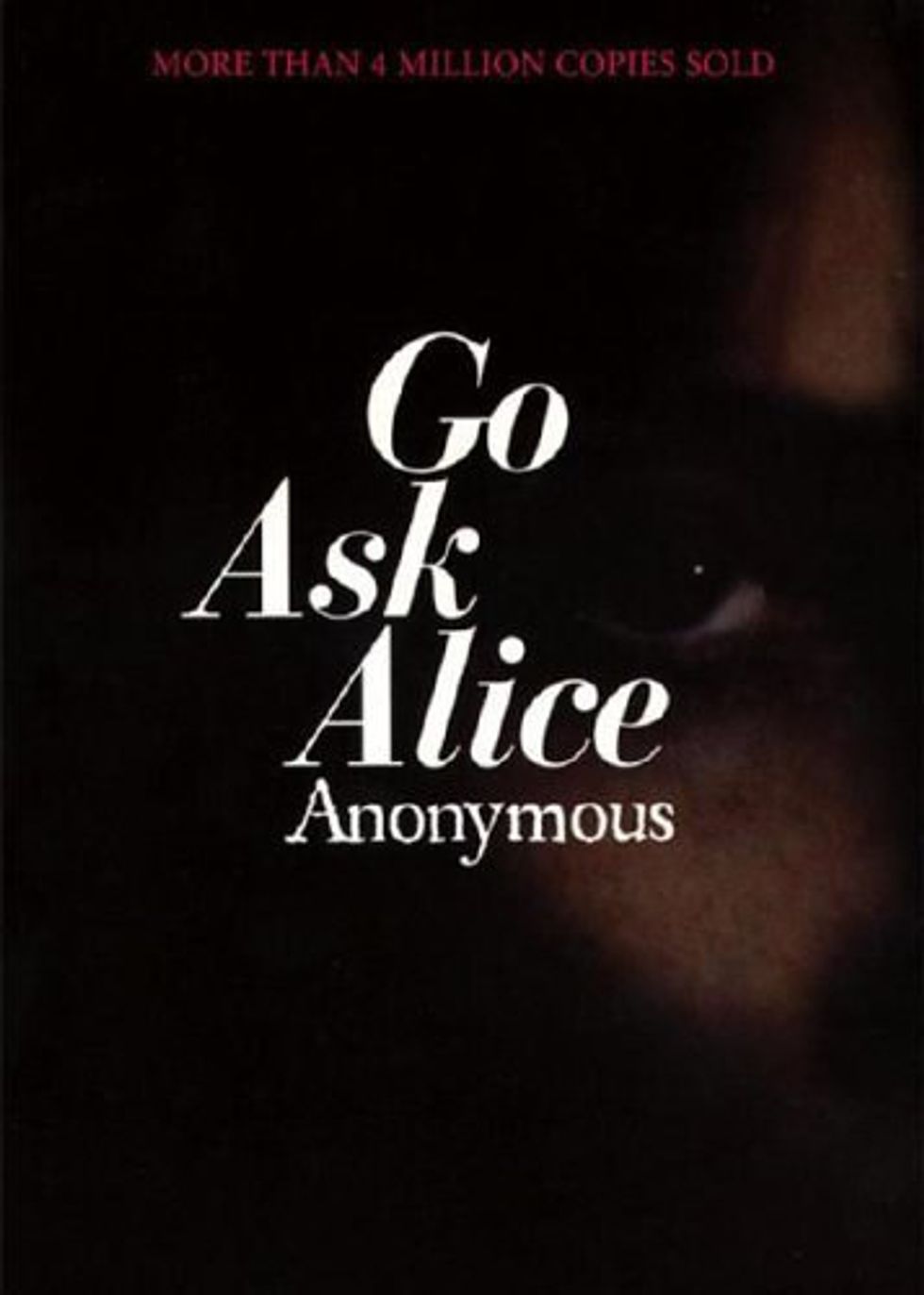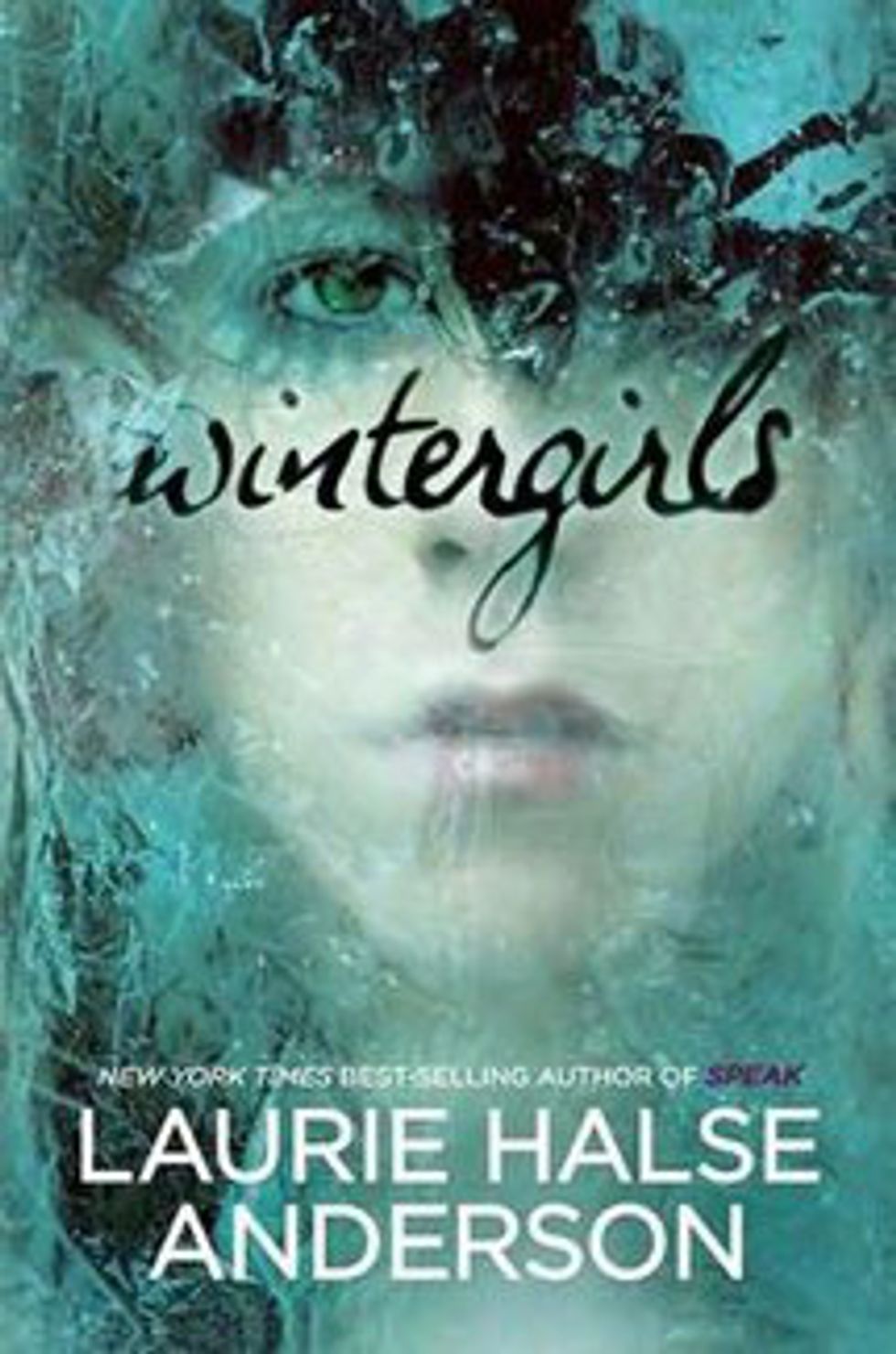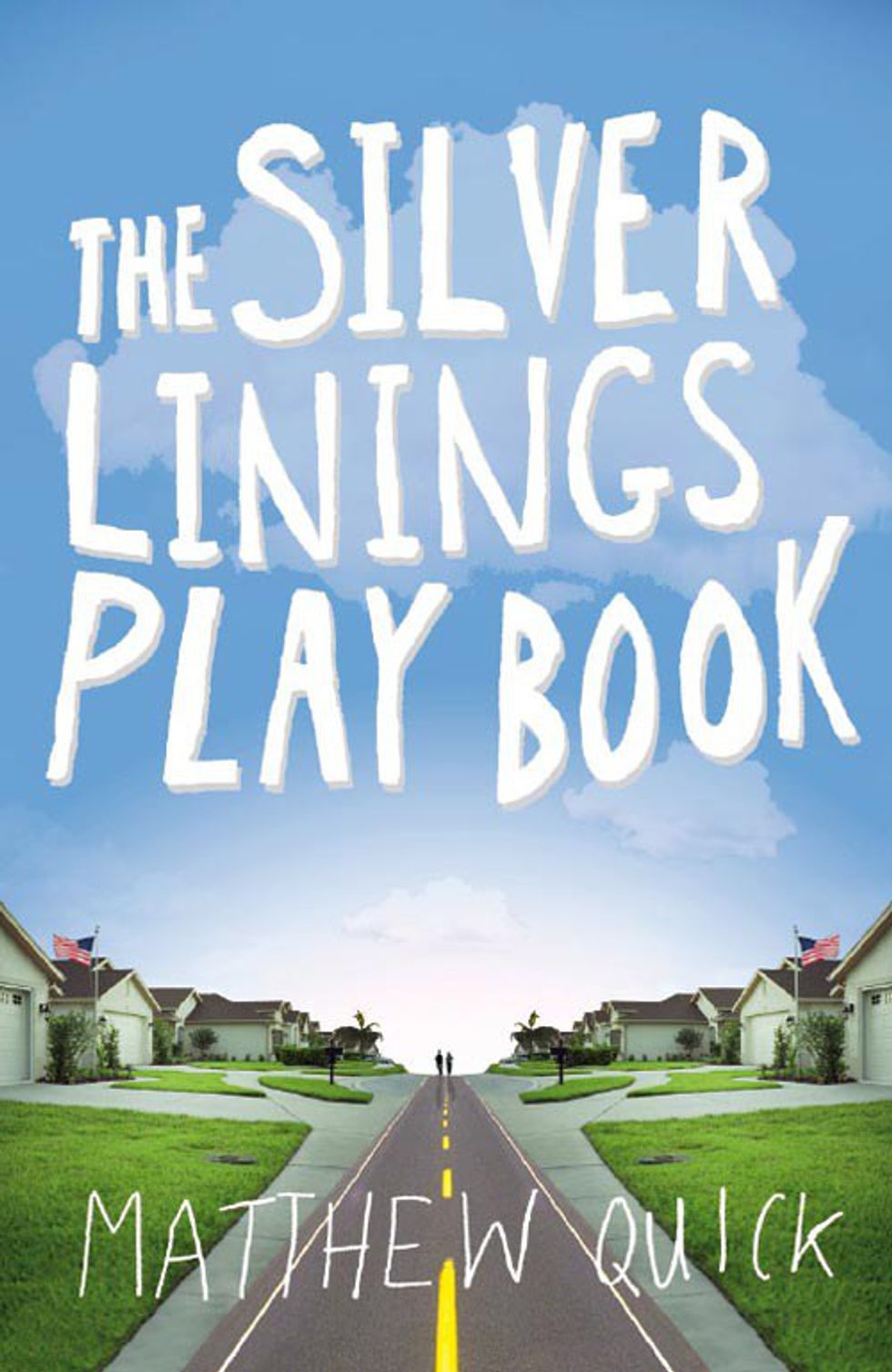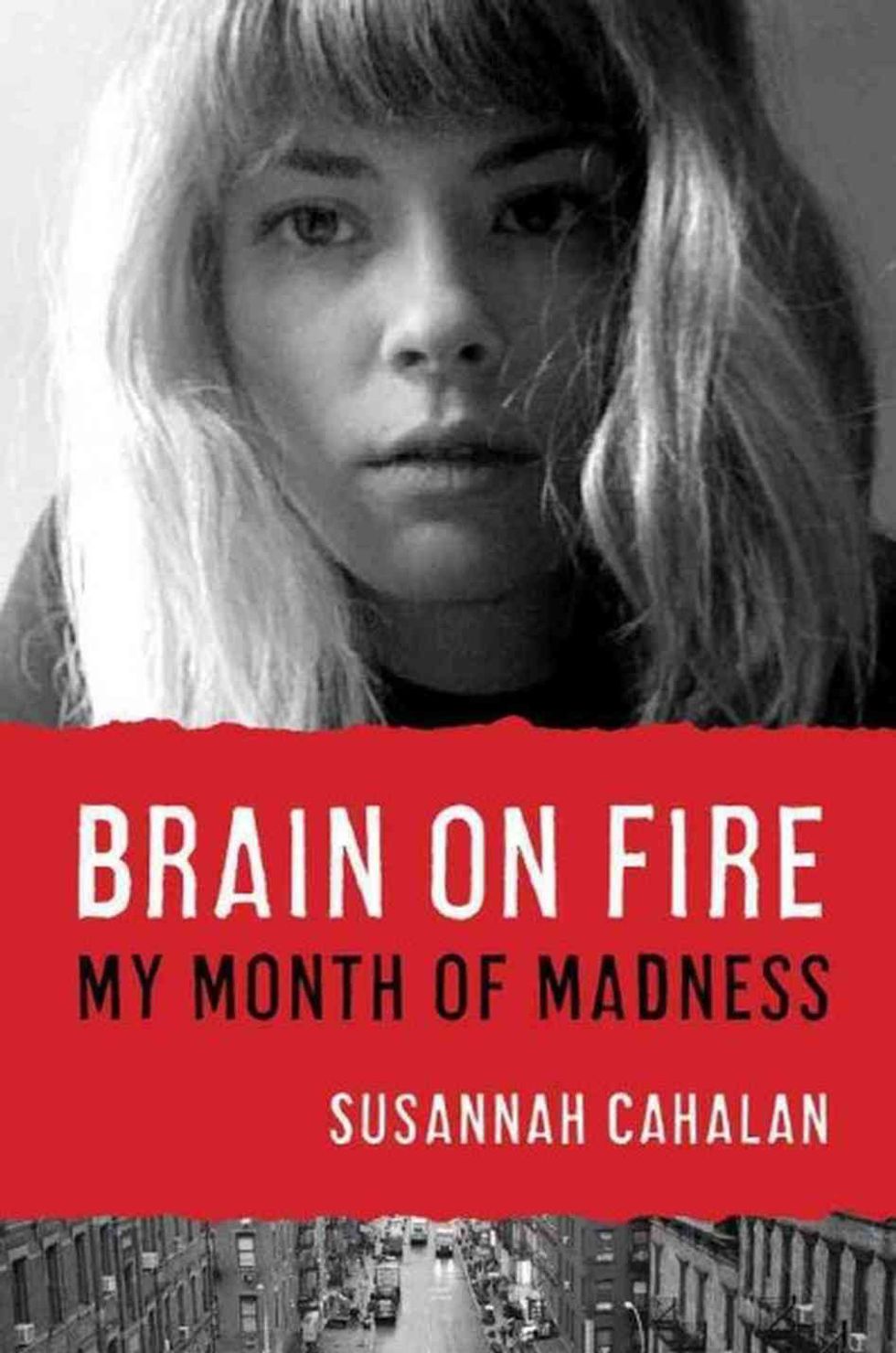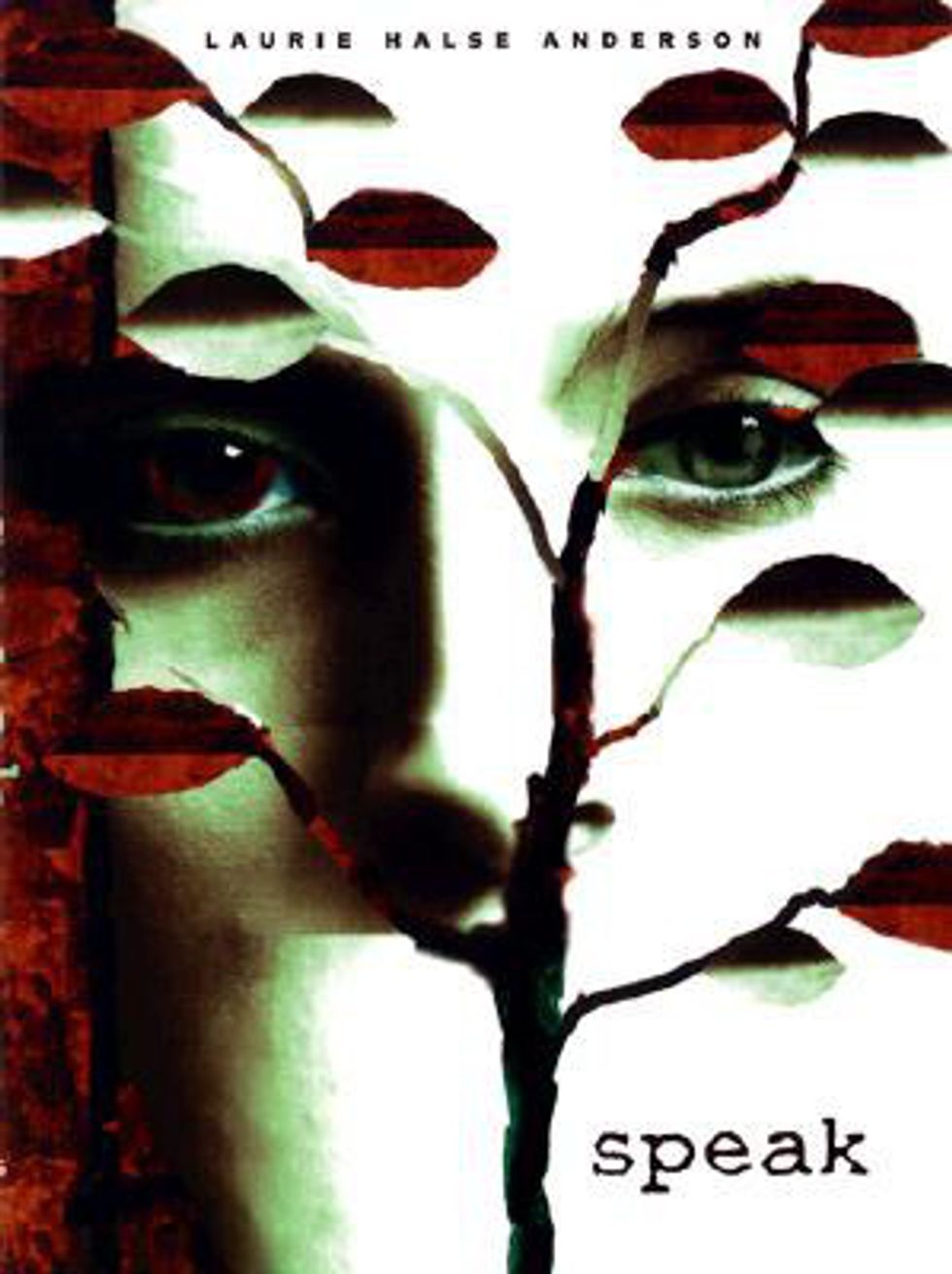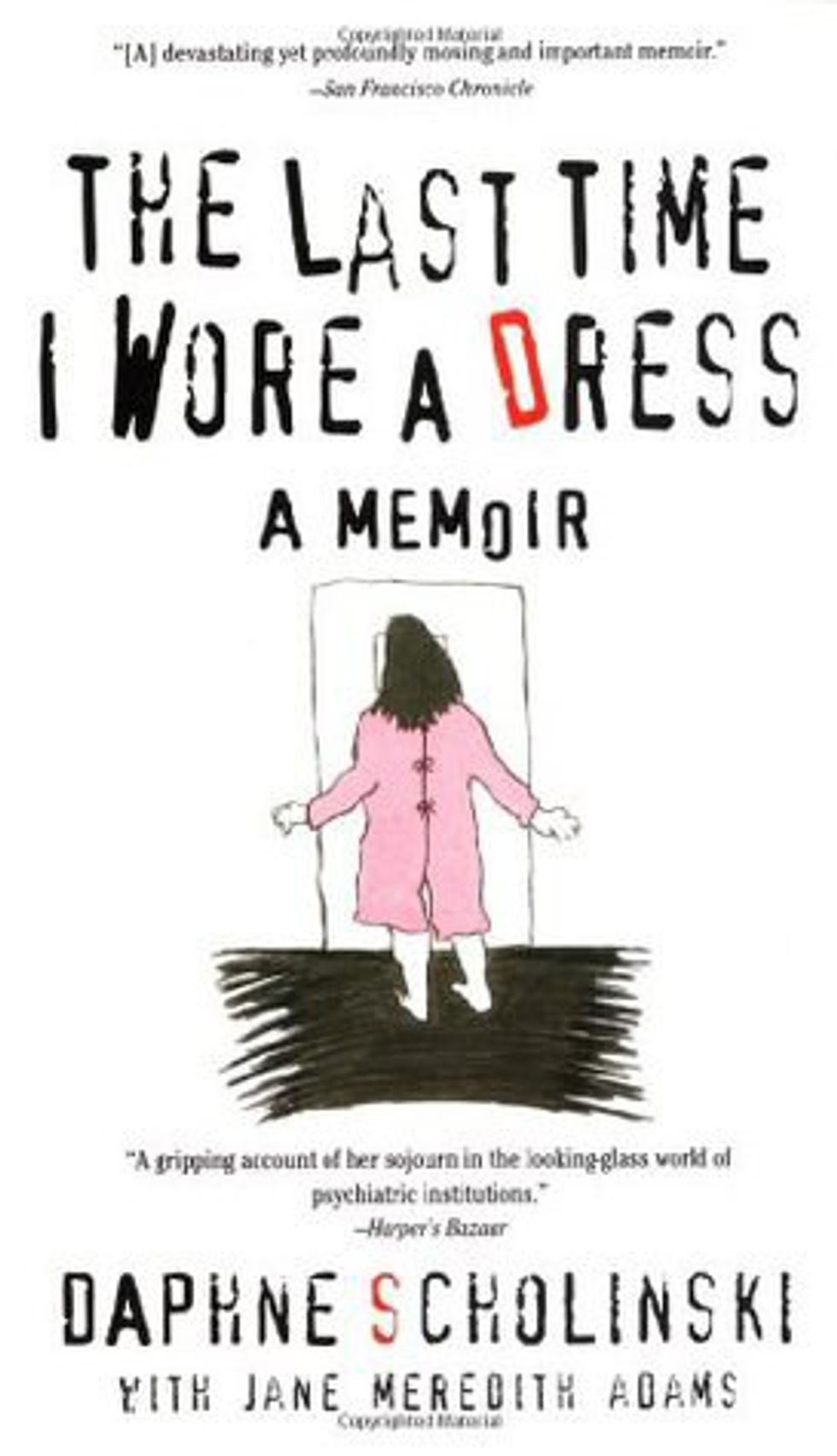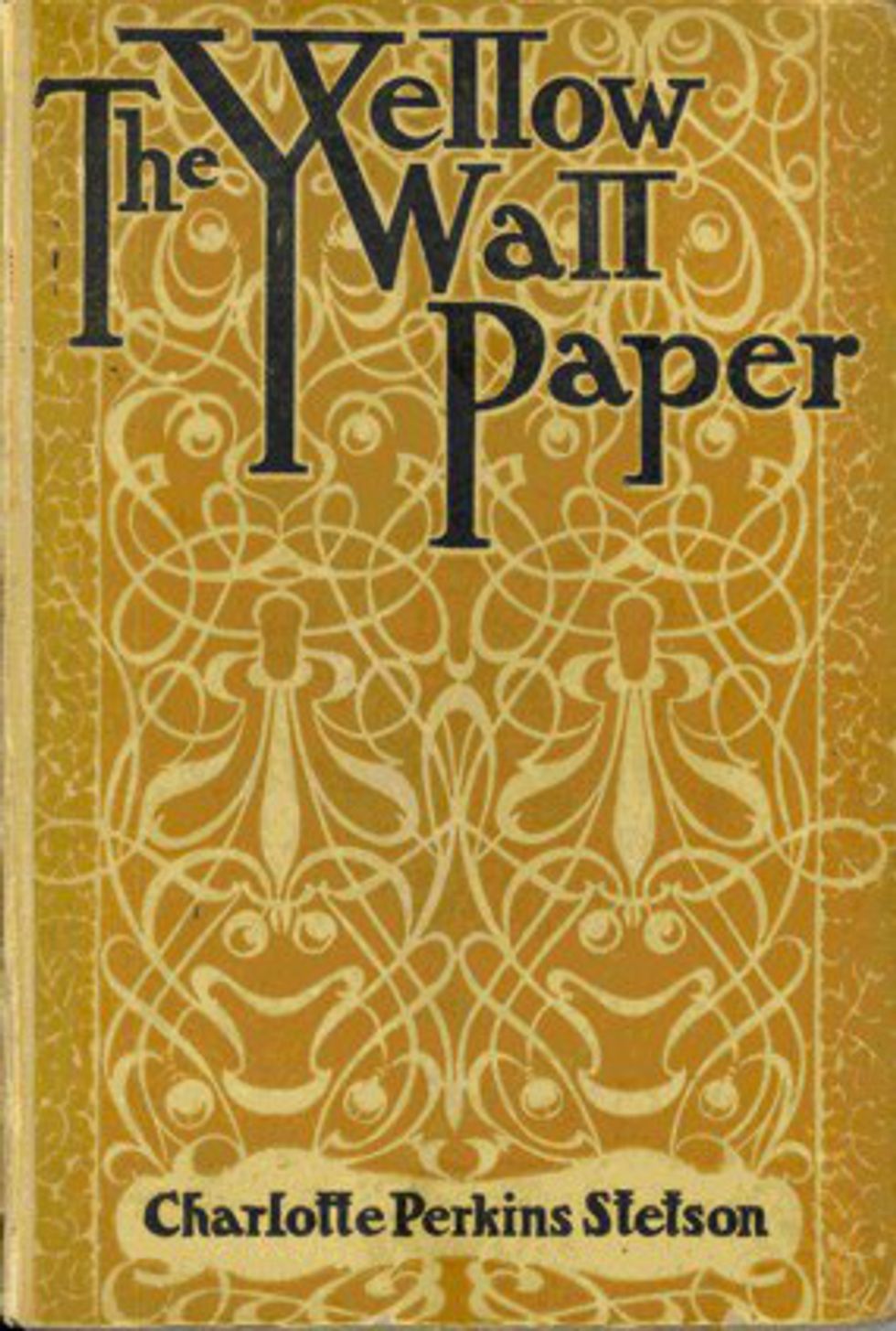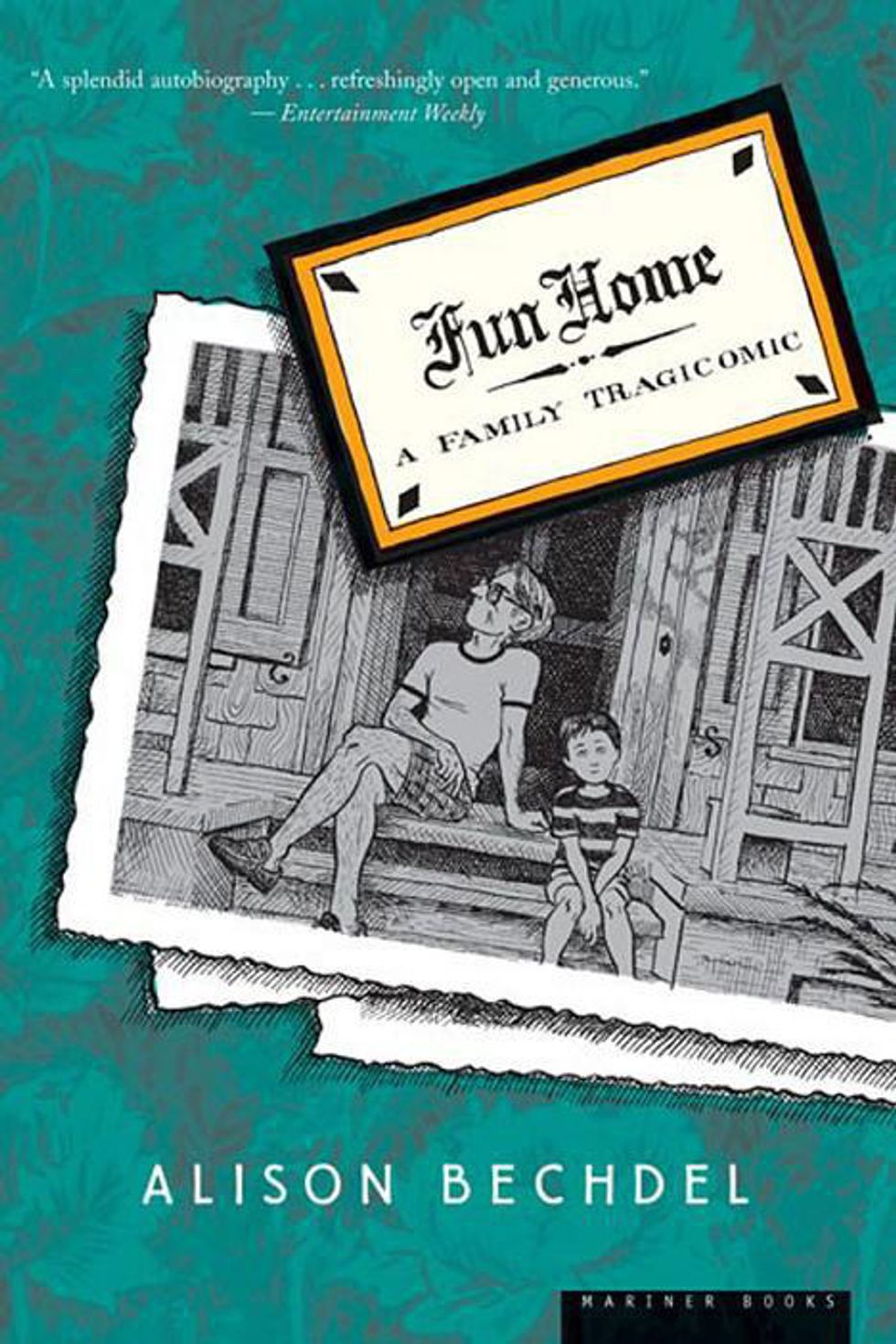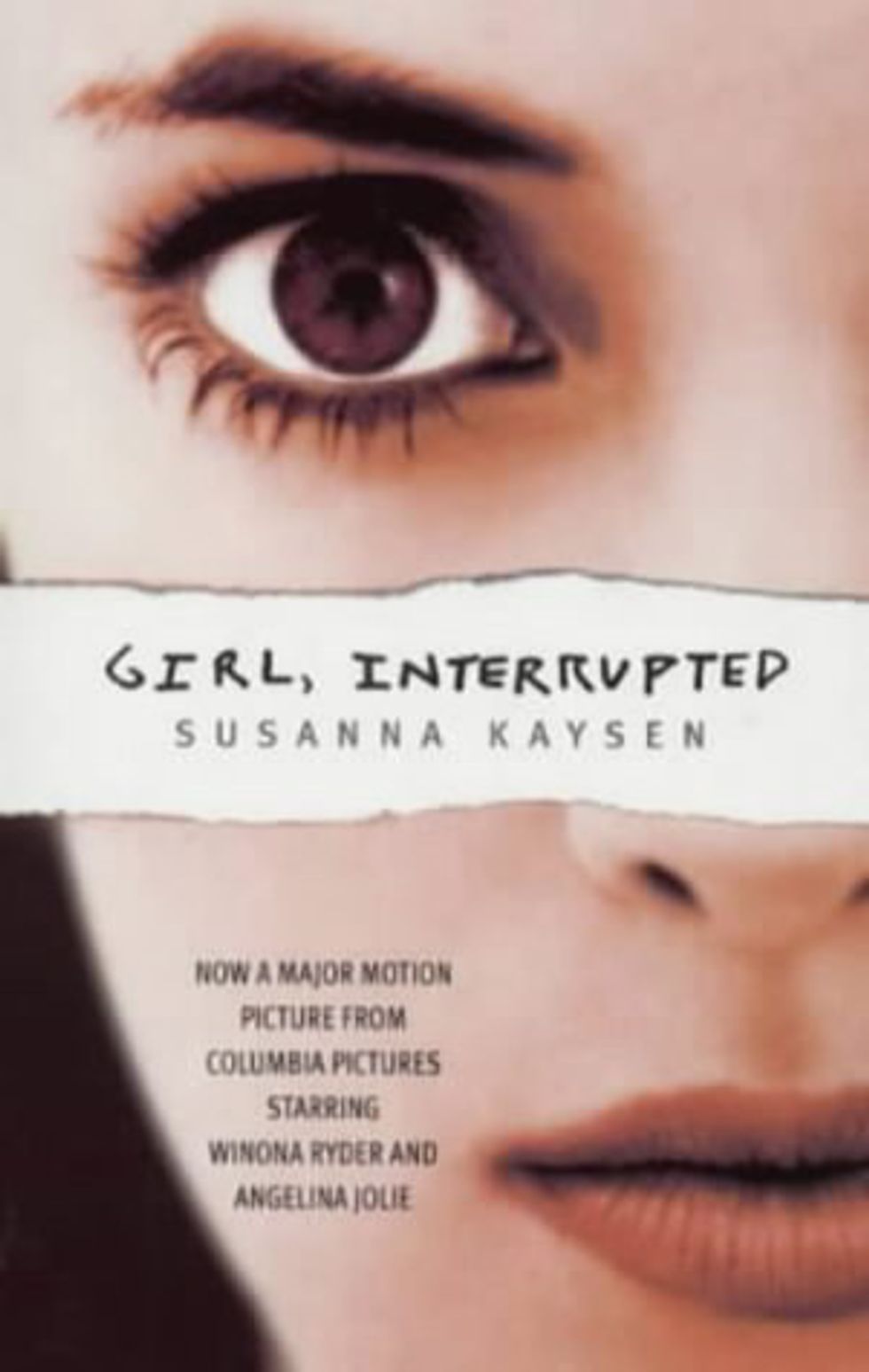My first semester of college, I took a class called "Literary Depictions of Mental Illness." It was really engaging, and opened my eyes to the breadth of literature out there that handles mental illness, institutionalization, suicide, and related themes. Whether you struggle with mental illness yourself, have a loved one suffering, or are simply compassionate and interested in learning more, here are 10 books (both novels and memoirs) that will broaden your perspective and permanently change the way you look at "crazy."
10. One Flew Over the Cuckoo's Nest by Ken Kesey
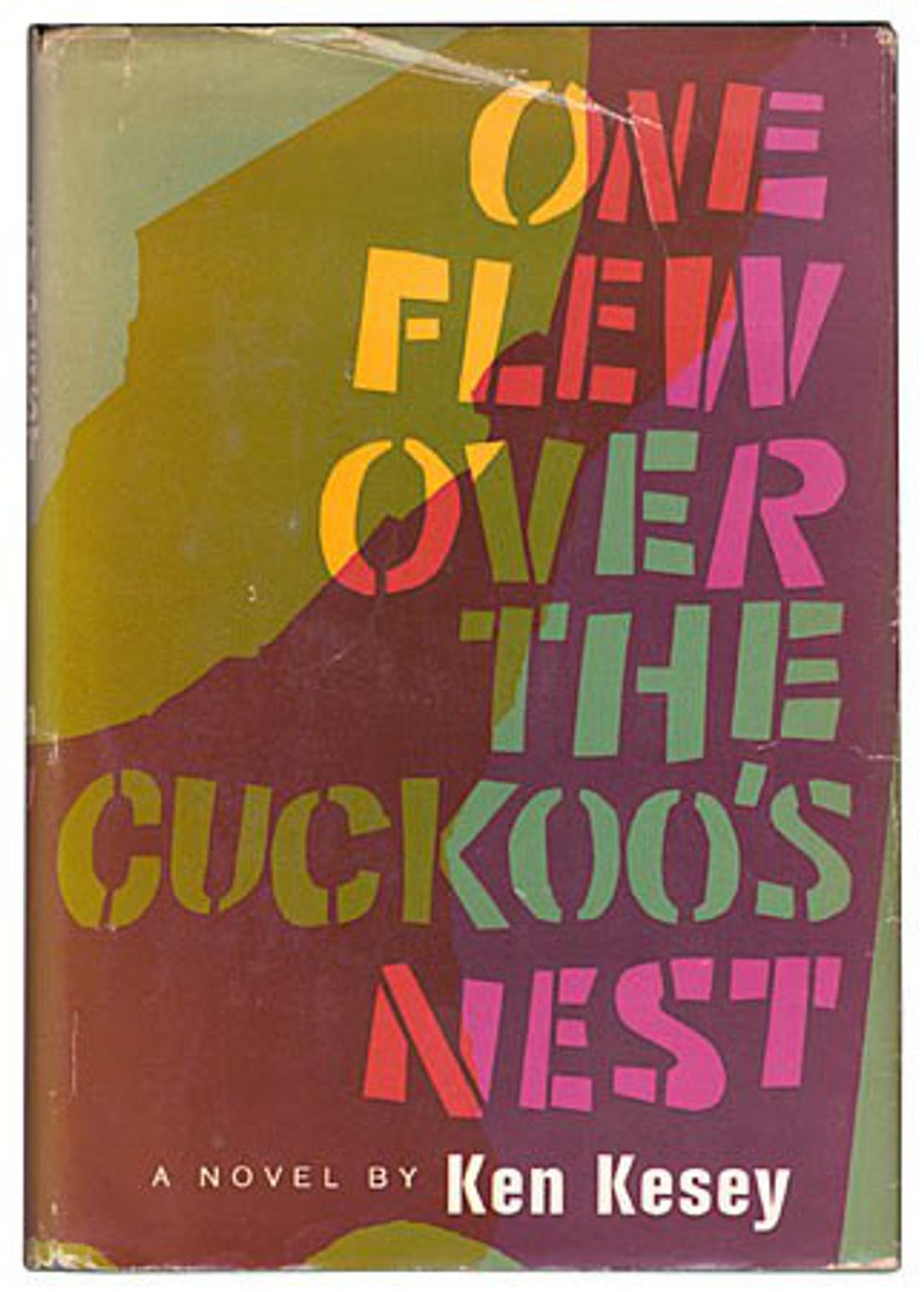
Cuckoo's Nest is the classic “go-to” novel on mental illness, and rightly so. It gives a horrifying look into the treatment of patients in state asylums in the 1950's and 60's. Even though the state of the mental health industry is much different today, Kesey provides an engaging narrative that questions the doctor-patient power dynamic, effectiveness of common treatments and even the reliability of the narrator himself.
Themes: Institutionalization, hallucinations, suicide, rape, electroshock therapy
9. Go Ask Alice by Anonymous
Originally marketed as the diary of a real-life teenager, Go Ask Alice is now known to be at least partly fictionalized by its publisher/editor, Beatrice Sparks. Nevertheless, it contains a powerful look into the life of a young girl who is slowly sucked deeper and deeper into the world of drugs and addiction. Praised for its shocking portrayal of the effects of addiction, this novel is an eye-opener that will forever change the way you think about drugs.
Themes: Drugs, addiction, homelessness, rape, prostitution
8. Wintergirls by Laurie Halse Anderson
The first of two Anderson novels on the list, Wintergirls details the story of Lia, a teenager crippled by severe anorexia. Lia’s story shines a bright light on the painful realities of eating disorders, a topic often ignored, especially among the group most likely to be afflicted by them: young women. A warning: like many books on this list, Wintergirls is extremely difficult to read. Despite this, it's worth powering through to experience this unique and moving piece of teen fiction.
Themes: Anorexia, Bulimia, self-harm, suicide
7. The Silver Linings Playbook by Matthew Quick
You’ve probably seen the movie adaptation of this novel, starring Jennifer Lawrence and Bradley Cooper. If not, I highly recommend it. The story of Pat and Tiffany is both heartbreaking and heartwarming in turns, and its portrayal of life after being institutionalized is stark and meaningful. If you’re a fan of the movie, the book allows for more depth, in both the story and Pat’s inner thoughts and feelings.
Themes: Institutionalization, self-harm, Bipolar Disorder, Traumatic Brain Injury
6. Brain on Fire: My Month of Madness by Susannah Cahalan
This memoir is a bit unusual, as it doesn’t deal with mental illness in the traditional sense. The narrator and protagonist describes her experience “losing her mind,” as she suddenly begins to display serious symptoms such as psychotic episodes and delusions. After a series of incorrect diagnoses, it is discovered that Cahalan didn’t have a mental illness at all, but a rare autoimmune disorder. Brain on Fire will challenge your perspective on what constitutes a “physical” disease (so to speak) rather than a mental one, as well as open your eyes to modern-day problems in the healthcare industry.
Themes: Institutionalization, psychosis, delusions, memory loss, disease
5. Speak by Laurie Halse Anderson
Laurie Hals Anderson’s writing is just so good that she had to be included on this list twice! Speak is an award-winning young adult novel that follows Melinda, a girl starting her freshman year of high school. Due to events of the previous summer that are slowly revealed throughout the novel, Melinda becomes more and more socially isolated and depressed, and eventually she stops speaking altogether. Melinda’s recovery makes Speak an emotional story of overcoming trauma and finding yourself.
Themes: Rape, Post-Traumatic Stress Disorder, depression
4. The Last Time I Wore A Dress by Daphne Scholinski
A few years ago, I was fortunate enough to have Dylan (formerly Daphne) Scholinski come and speak in one of my university classes, and was blown away by his kindness and openness. The Last Time I Wore A Dress tells the story of Daphne’s adolescence, which was spent almost entirely in psychiatric facilities. She faced problems such as depression, addiction and Conduct Disorder, but one condition seemed the most damaging: Gender Identity Disorder. Gender Identity Disorder is a controversial diagnosis today, and has been equated to the (now removed) classification of homosexuality as a mental illness. Daphne’s treatment included learning to put on makeup and coming to terms with her “true” identity as a “sexual female.” This novel shows a fresh critique of the mental health industry and Gender Identity Disorder itself, while illuminating the struggle of a young person growing up inside hospitals.
Themes: Institutionalization, conduct disorder, depression, Gender Identity Disorder, suicide, electroshock therapy
3. The Yellow Wallpaper by Charlotte Perkins Gilman
Though just a short-story and not a full-fledged novel, I thought that Gilman's incredible work deserved a spot on this list. Told through various journal entries, the story of the female narrator’s “descent into madness” gives a sadly realistic glimpse into how women’s mental health was viewed by doctors in the 19th century. Gilman herself claimed that she wrote the story after being prescribed a “rest cure” for her depression, which entailed remaining at home and having only two hours of “mental stimulation” (writing, painting, or drawing) a day. Praised by many critics, The Yellow Wallpaper is a chilling story that will open you up to feminist critiques of the healthcare industry, both in today and in the past.
Themes: Hysteria, depression, misogyny, hallucinations, psychosis
2. Fun Home by Alison Bechdel
Recently adapted into a Broadway musical, Fun Home originated as a graphic novel. Following narrator Alison through child- and young adulthood, Fun Home deals with Alison’s personal struggles with Obsessive Compulsive Disorder and coming out as a lesbian. It also tells the story of her relationship with her father, a domineering and controlling presence in her childhood who she learns was a closeted homosexual after his suicide. Both the comic book format and compelling storytelling make Fun Home impossible to put down, and I recommend it to anyone looking for a change of pace from a “traditional” novel.
Themes: Sexual orientation, suicide, coming out, Obsessive Compulsive Disorder
1. Girl, Interrupted by Susanna Kaysen
I won't lie: Girl, Interrupted is a story that dramatically changed the way I view myself and the world around me. One of the most famous books about mental illness, the author tells the story of the years she spent in a psychiatric facility undergoing treatment for Borderline Personality Disorder. Girl, Interrupted is a classic for a reason: the storytelling is stunning, containing thoughtful introspection into the nature of mental illness and life inside a psych ward.
Themes: Institutionalization, Borderline Personality Disorder, suicide, mania, self-harm
I hope after reading this list you go out and read a few of these amazing books! Trust me, you won't think about mental illness the same way ever again.




